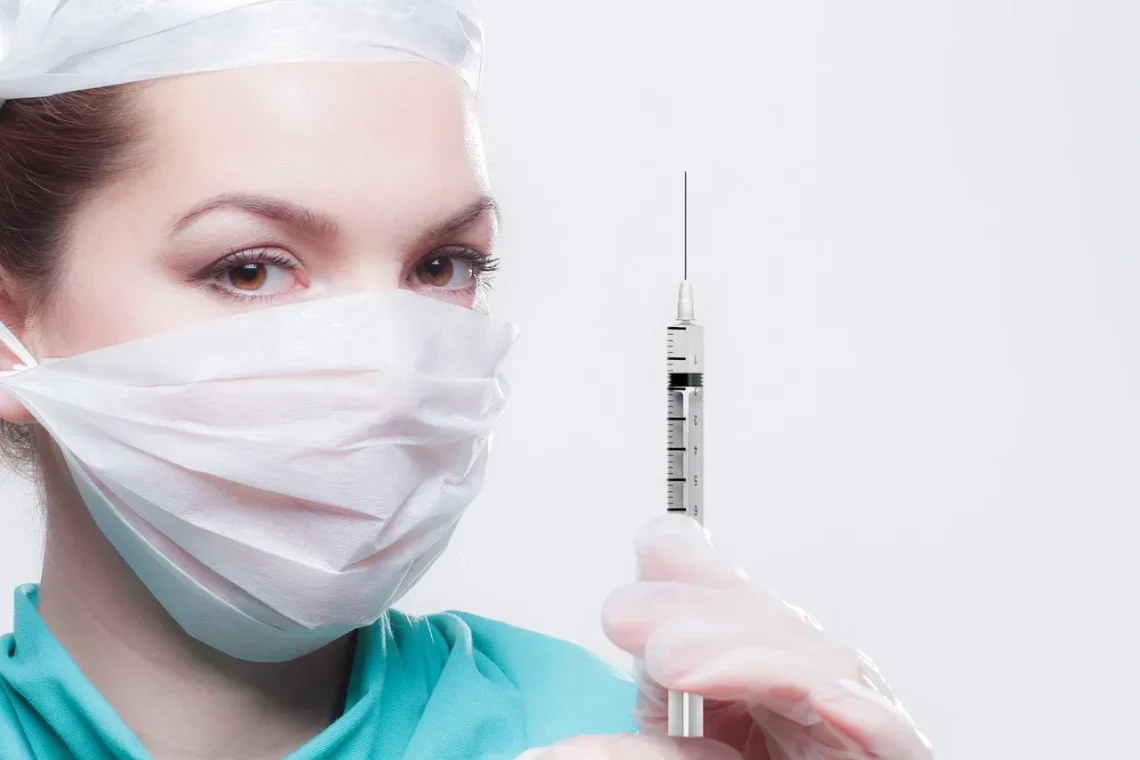
Understanding the Side Effects of Bordetella Vaccinations in Dogs
Vaccinations play a crucial role in maintaining the health and well-being of dogs, helping to protect them from various infectious diseases. Among these vaccinations, the Bordetella vaccine is particularly significant, as it safeguards against kennel cough, a highly contagious respiratory illness. This vaccine is often required for dogs that spend time in boarding facilities, dog parks, or other environments where they may come into contact with other dogs. While the benefits of vaccination are well-documented, it is essential for pet owners to understand that, like any medical intervention, vaccinations can carry potential side effects.
Understanding these side effects is vital for responsible pet ownership. It allows dog owners to make informed decisions about their pet’s health and to recognize any adverse reactions that may occur post-vaccination. Many side effects are mild and transient, such as slight lethargy or a mild fever, but there can be more serious reactions in some cases. This article delves into the nature of these potential side effects, helping dog owners navigate their responsibilities with knowledge and confidence.
The Importance of Bordetella Vaccination
Bordetella bronchiseptica is a bacterium that causes kennel cough, a highly contagious respiratory disease in dogs. The Bordetella vaccine is designed to protect dogs from this illness, which can lead to severe coughing, gagging, and in some cases, pneumonia. The vaccine is particularly important for dogs that are frequently in social settings, such as dog parks, grooming salons, and boarding facilities, where the likelihood of exposure to the bacterium is significantly increased.
One of the primary reasons for vaccinating against Bordetella is the high transmission rate of the disease. Kennel cough can spread rapidly in environments where many dogs are present. Vaccination helps reduce the risk of outbreaks, protecting not just individual dogs but also the broader canine community. Furthermore, even vaccinated dogs can still contract the disease; however, the symptoms are often milder and recovery is quicker.
The Bordetella vaccine can be administered in different forms: intranasal, oral, or injectable. Each method has its own benefits and potential side effects. For instance, the intranasal vaccine tends to induce a quicker immune response, which is beneficial for dogs that may be exposed to kennel cough soon after vaccination.
Despite the importance of this vaccine, pet owners should always consult with their veterinarian about the best vaccination strategy tailored to their dog’s lifestyle and health status. Regular check-ups and vaccinations form the backbone of preventive health care for dogs, ensuring that they remain healthy and protected from various diseases.
Common Side Effects of Bordetella Vaccination
Like any medical procedure, Bordetella vaccinations can lead to side effects, although most are mild and temporary. The most frequently reported side effects include lethargy, decreased appetite, and mild fever. These reactions typically resolve within a few days and do not require medical intervention.
Lethargy is one of the most common reactions observed in dogs after vaccination. Owners may notice their pets being less active than usual, preferring to rest rather than engage in their typical playful behavior. This can be concerning for pet owners, but it is generally a sign that the dog’s immune system is responding to the vaccine.
A decreased appetite is also a common side effect. Dogs may show a temporary disinterest in food, which can be attributed to mild discomfort or fatigue following the vaccination. It is crucial for owners to monitor their pets during this time to ensure they are still drinking water and not showing signs of distress.
In some cases, a mild fever may occur, which is a normal immune response. This fever, while it can cause some concern, is usually short-lived. Pet owners should observe their dog’s behavior and temperature, but in the absence of severe symptoms, this reaction is generally not worrisome.
While these side effects are common and typically benign, it is important for dog owners to be vigilant. If side effects persist beyond a few days or if more serious symptoms arise, such as severe vomiting, swelling at the injection site, or difficulty breathing, immediate veterinary attention is necessary.
Understanding these common side effects prepares pet owners for what to expect after vaccination, fostering a sense of reassurance that their dog’s temporary discomfort is a normal part of building immunity.
Serious Reactions to Consider
Although most side effects of the Bordetella vaccine are mild, there are rare cases where dogs may experience more severe reactions. Anaphylaxis is one such serious reaction, which can occur shortly after vaccination. It is a life-threatening allergic response that requires immediate veterinary intervention.
Symptoms of anaphylaxis may include difficulty breathing, swelling of the face or throat, hives, and rapid heart rate. If a dog exhibits any of these symptoms following vaccination, it is crucial to seek emergency veterinary care without delay. Anaphylactic reactions are rare but can be life-threatening, making awareness essential for all pet owners.
Another possible serious reaction includes the development of immune-mediated disorders. While these are also uncommon, they can occur when the immune system mistakenly attacks the body’s own cells. Symptoms may present weeks or even months after vaccination and can include lethargy, fever, joint pain, or skin issues.
Pet owners should keep a close watch on their dogs after vaccination and report any unusual behaviors to their veterinarian. It is also advisable to maintain an open line of communication with the vet regarding any known allergies or previous reactions to vaccines, as this information can help tailor future vaccination plans.
In summary, while serious reactions to the Bordetella vaccination are rare, being informed and prepared can make all the difference in ensuring the safety and health of your dog.
Managing Your Dog’s Health Post-Vaccination
After your dog receives the Bordetella vaccine, monitoring their health is crucial for ensuring a smooth recovery. Taking a few simple steps can help manage any potential side effects and ensure your dog remains comfortable.
First and foremost, it is essential to provide your dog with a calm and comfortable environment post-vaccination. Create a quiet space where they can rest without disturbances. This is particularly important if your dog exhibits signs of lethargy or discomfort.
Hydration is another key factor. Ensure your dog has access to fresh water at all times. If they are reluctant to eat or drink immediately after vaccination, do not panic; this is often temporary. However, if your dog refuses to drink water for an extended period, it is important to consult your veterinarian.
If your dog experiences a mild fever or other minor symptoms, you can help them feel more comfortable by keeping them cool and quiet. Monitor their temperature and behavior regularly. If their symptoms persist or worsen, contacting your veterinarian for further advice is advisable.
Lastly, keeping a record of your dog’s vaccination history, including any side effects observed, can help inform future veterinary visits and vaccinations. This information can be invaluable in tailoring your pet’s health care plan.
In conclusion, by being proactive and attentive, pet owners can effectively manage their dog’s health following Bordetella vaccination, ensuring a quick return to their usual lively selves.
**Disclaimer:** This article is for informational purposes only and does not constitute medical advice. For any health concerns regarding your pet, please consult a qualified veterinarian.




